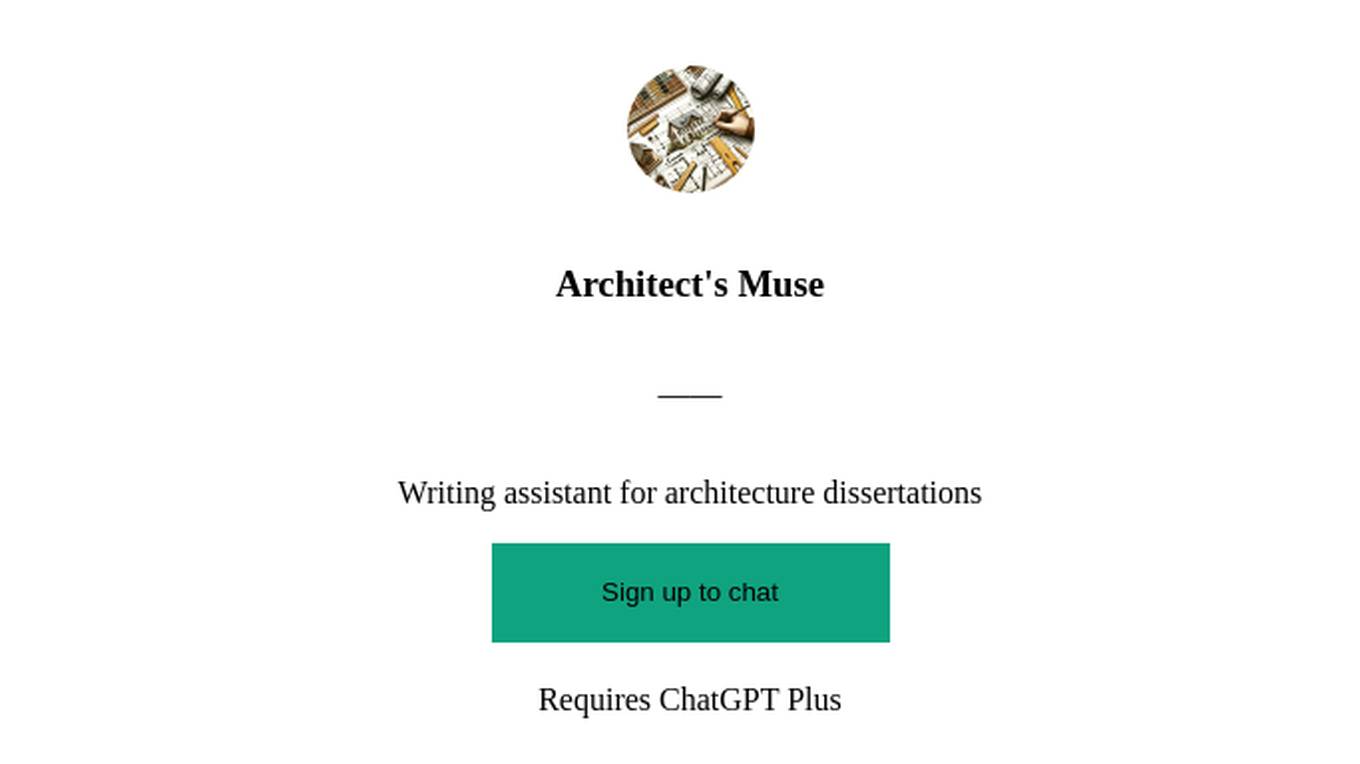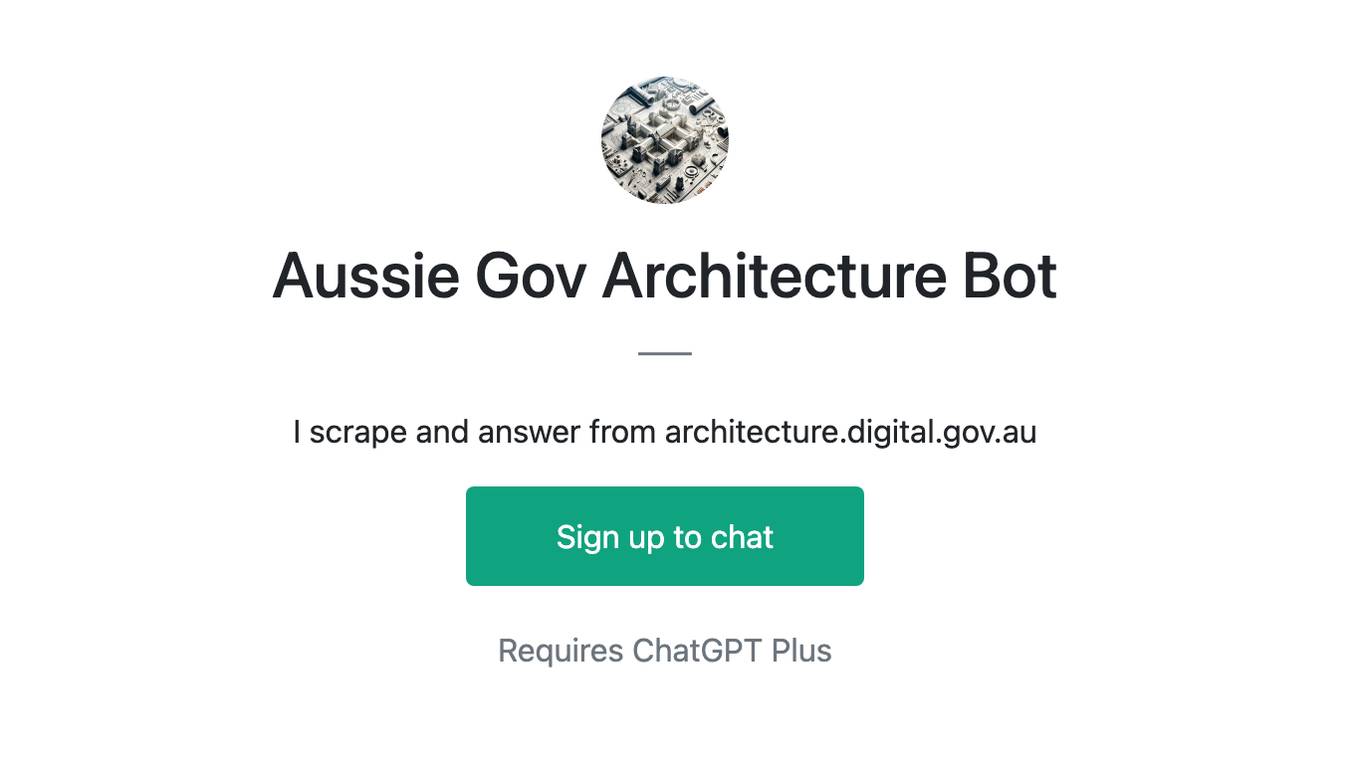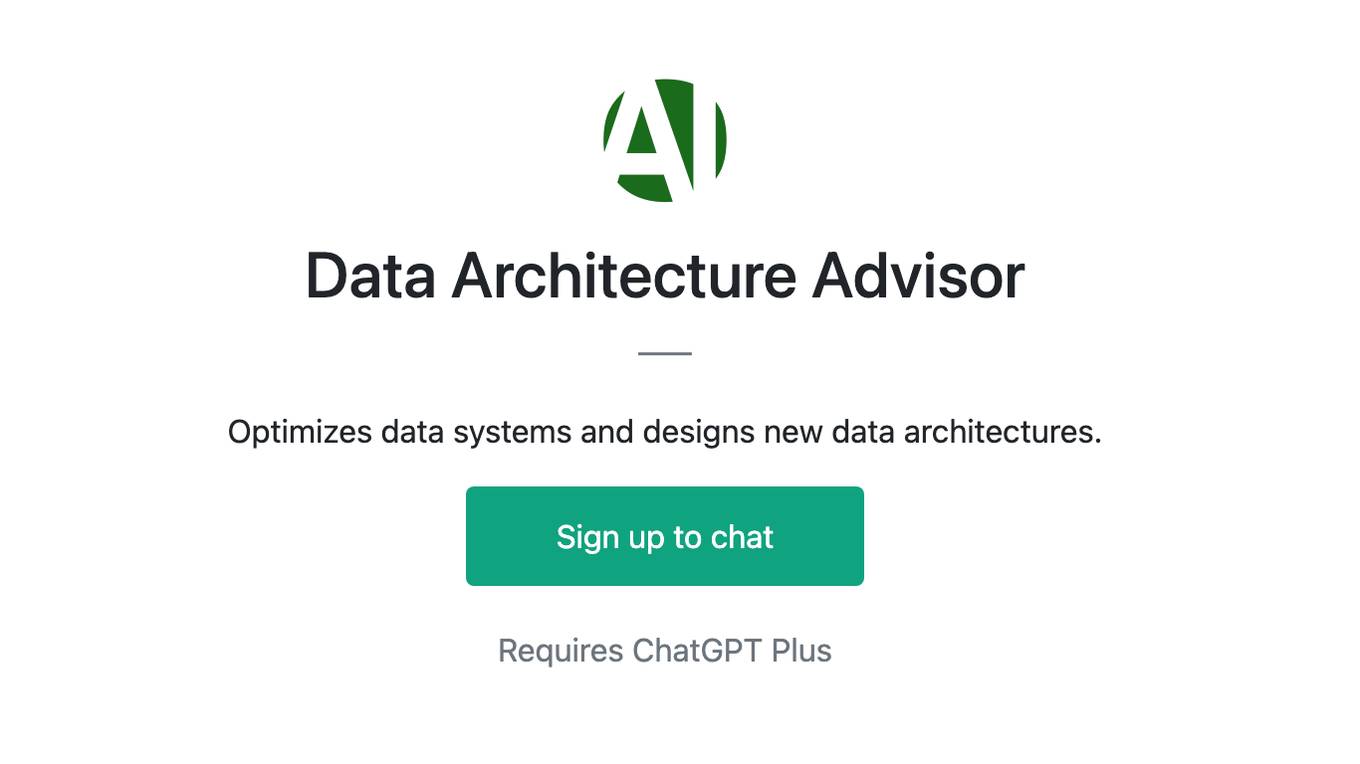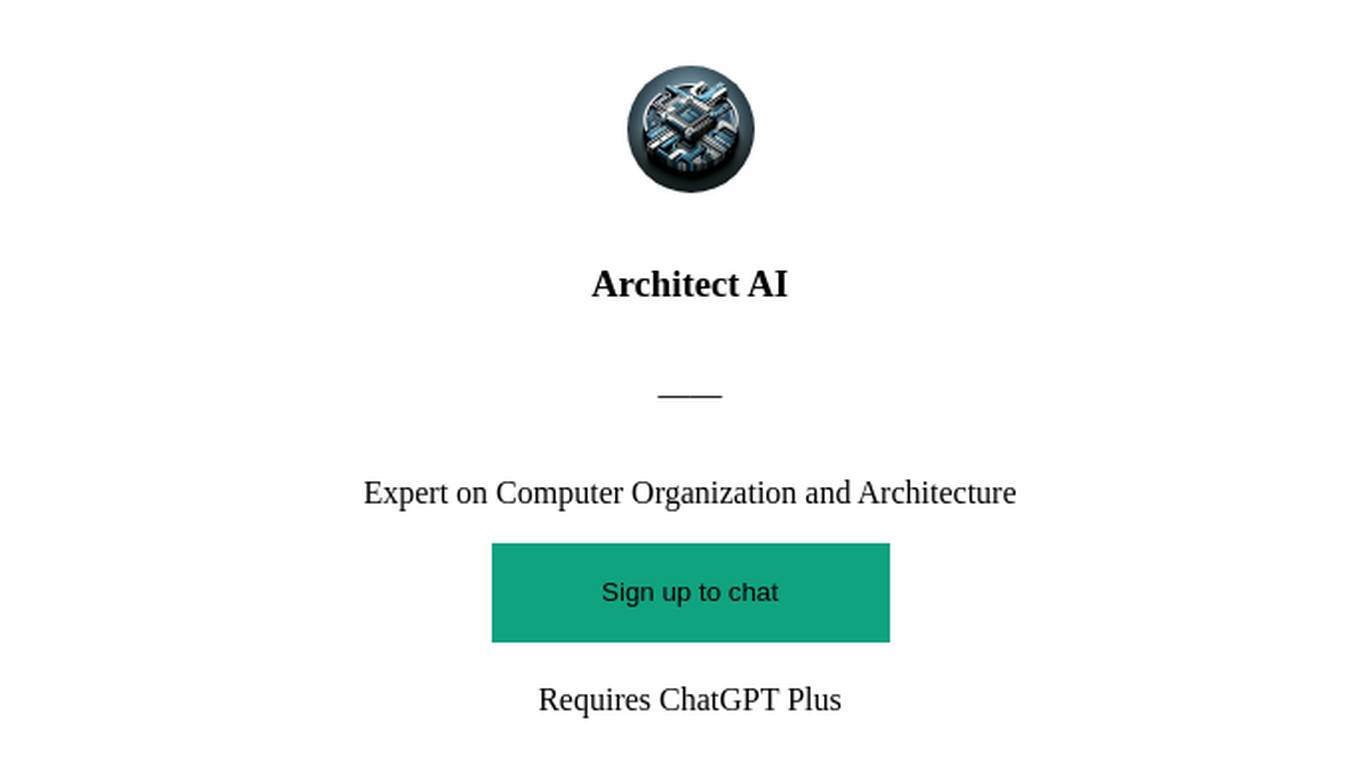Best AI tools for< Architecture Critic >
Infographic
20 - AI tool Sites
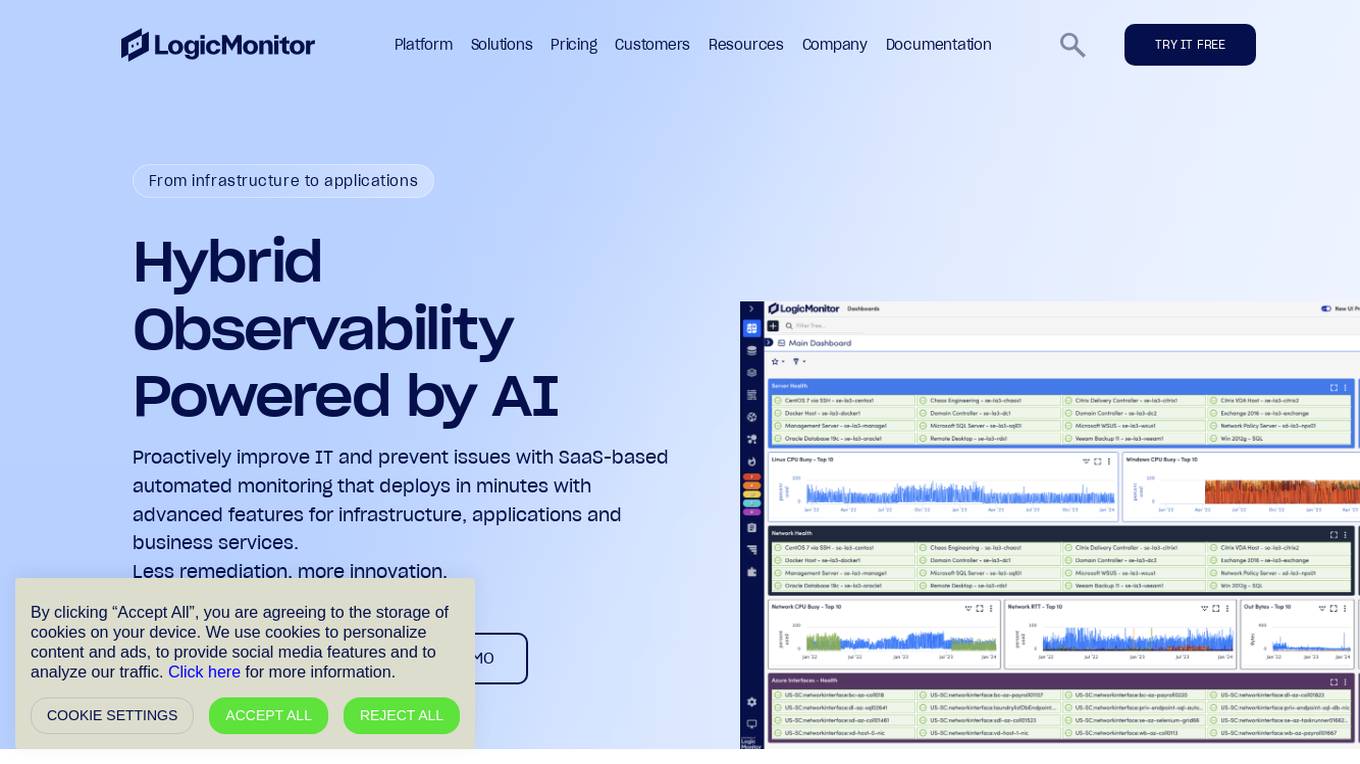
LogicMonitor
LogicMonitor is a cloud-based infrastructure monitoring platform that provides real-time insights and automation for comprehensive, seamless monitoring with agentless architecture. It offers a unified platform for monitoring infrastructure, applications, and business services, with advanced features for hybrid observability. LogicMonitor's AI-driven capabilities simplify complex IT ecosystems, accelerate incident response, and empower organizations to thrive in the digital landscape.
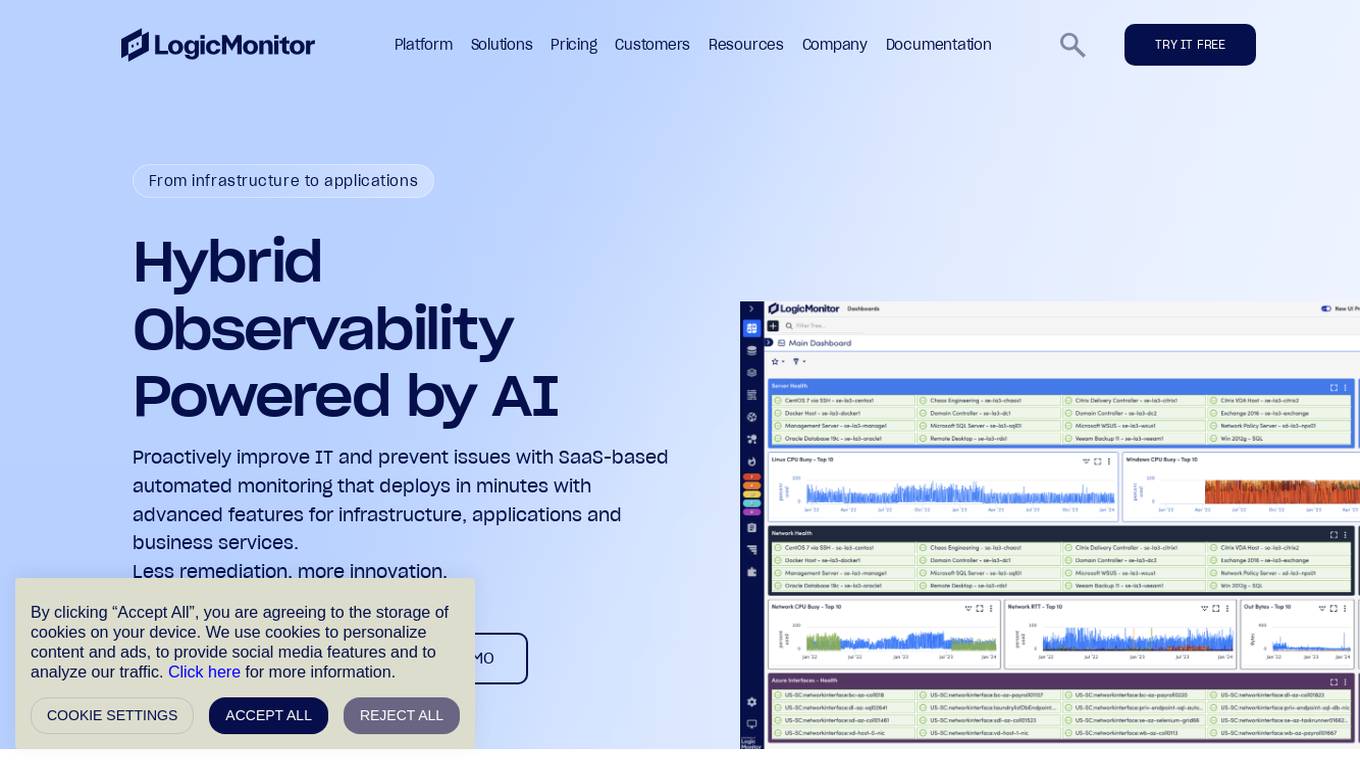
LogicMonitor
LogicMonitor is a cloud-based infrastructure monitoring platform that provides real-time insights and automation for comprehensive, seamless monitoring with agentless architecture. It offers a wide range of features including infrastructure monitoring, network monitoring, server monitoring, remote monitoring, virtual machine monitoring, SD-WAN monitoring, database monitoring, storage monitoring, configuration monitoring, cloud monitoring, container monitoring, AWS Monitoring, GCP Monitoring, Azure Monitoring, digital experience SaaS monitoring, website monitoring, APM, AIOPS, Dexda Integrations, security dashboards, and platform demo logs. LogicMonitor's AI-driven hybrid observability helps organizations simplify complex IT ecosystems, accelerate incident response, and thrive in the digital landscape.
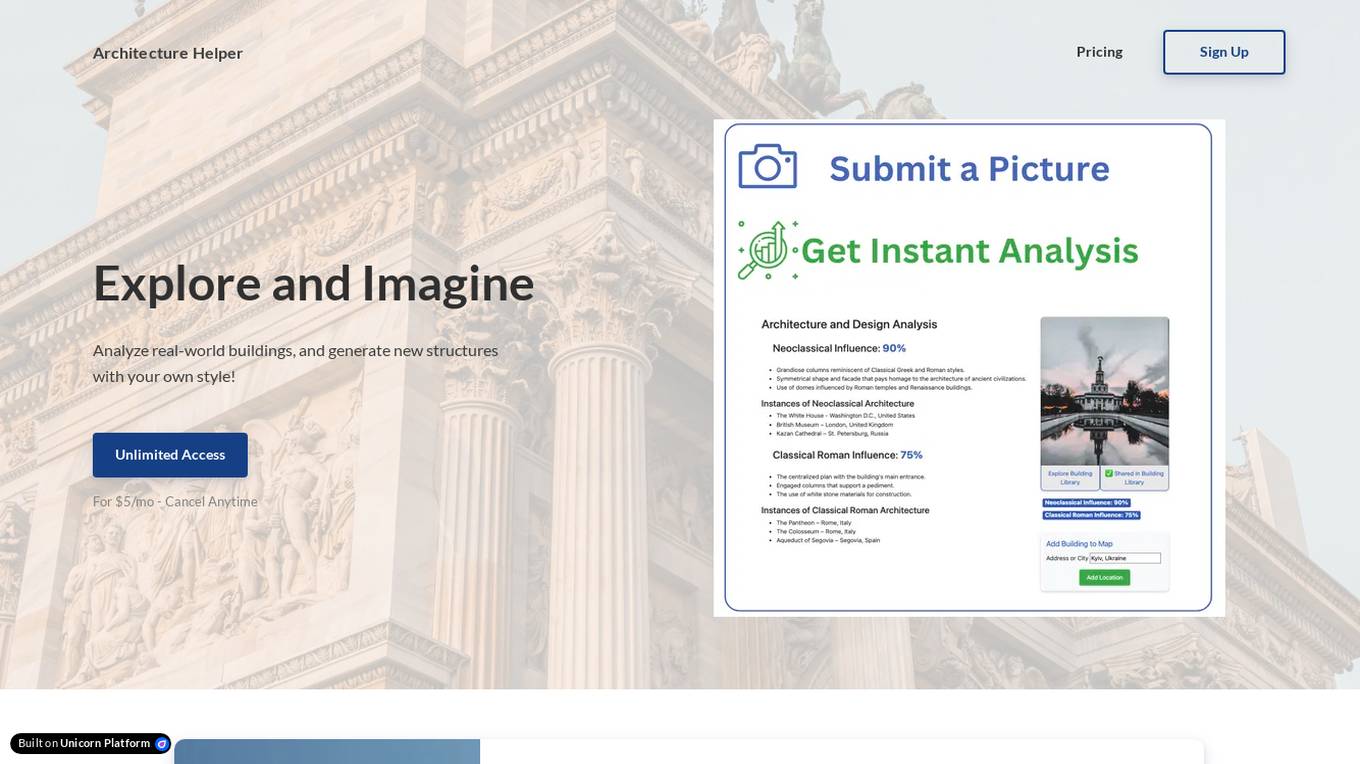
Architecture Helper
Architecture Helper is an AI-based application that allows users to analyze real-world buildings, explore architectural influences, and generate new structures with customizable styles. Users can submit images for instant design analysis, mix and match different architectural styles, and create stunning architectural and interior images. The application provides unlimited access for $5 per month, with the flexibility to cancel anytime. Named as a 'Top AI Tool' in Real Estate by CRE Software, Architecture Helper offers a powerful and playful tool for architecture enthusiasts to explore, learn, and create.
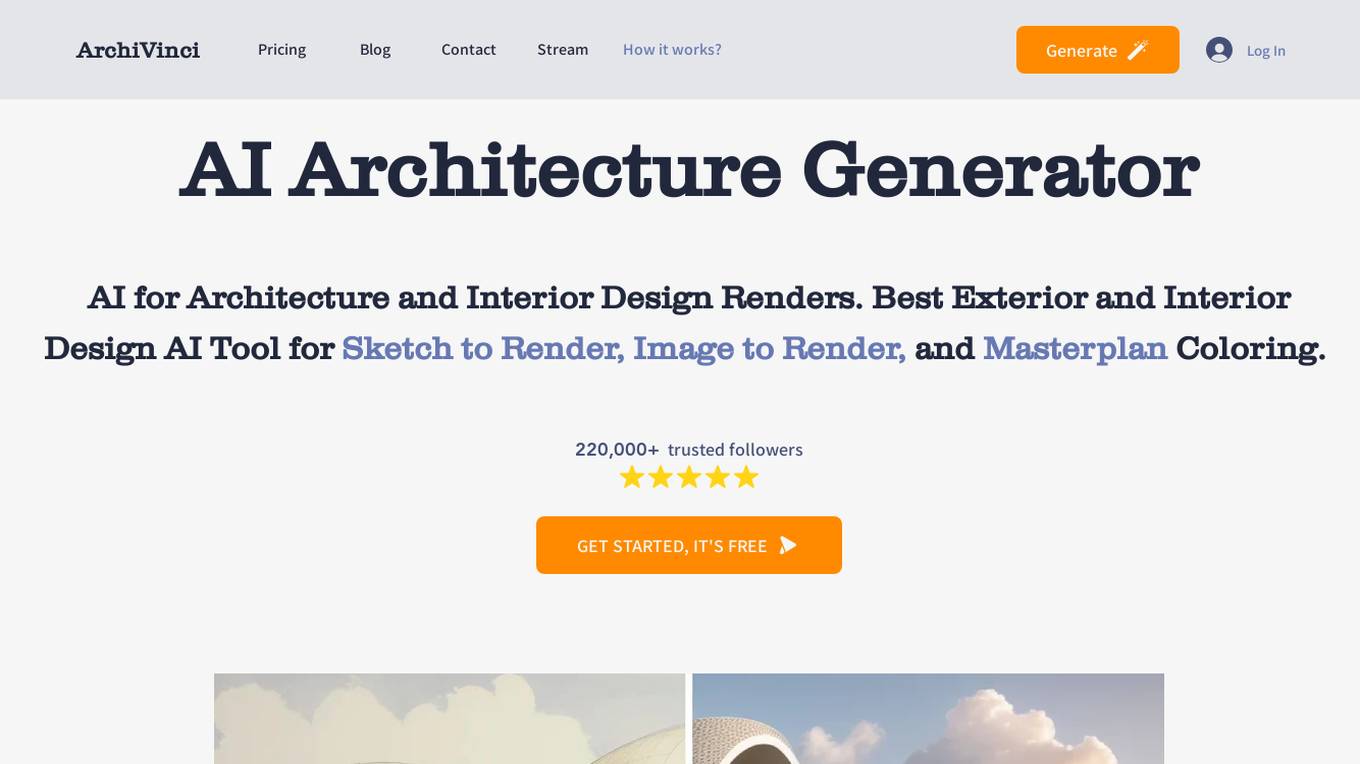
ArchiVinci
ArchiVinci is an innovative suite of AI-driven design tools encompassing the Sketch to Architectural Render AI Tool, Exterior Design AI Tool, Interior Design AI Tool, and Landscape Design AI Tool. It empowers users to effortlessly transform sketches into detailed architectural designs and enhance various aspects of design, from exteriors to interiors and landscapes.
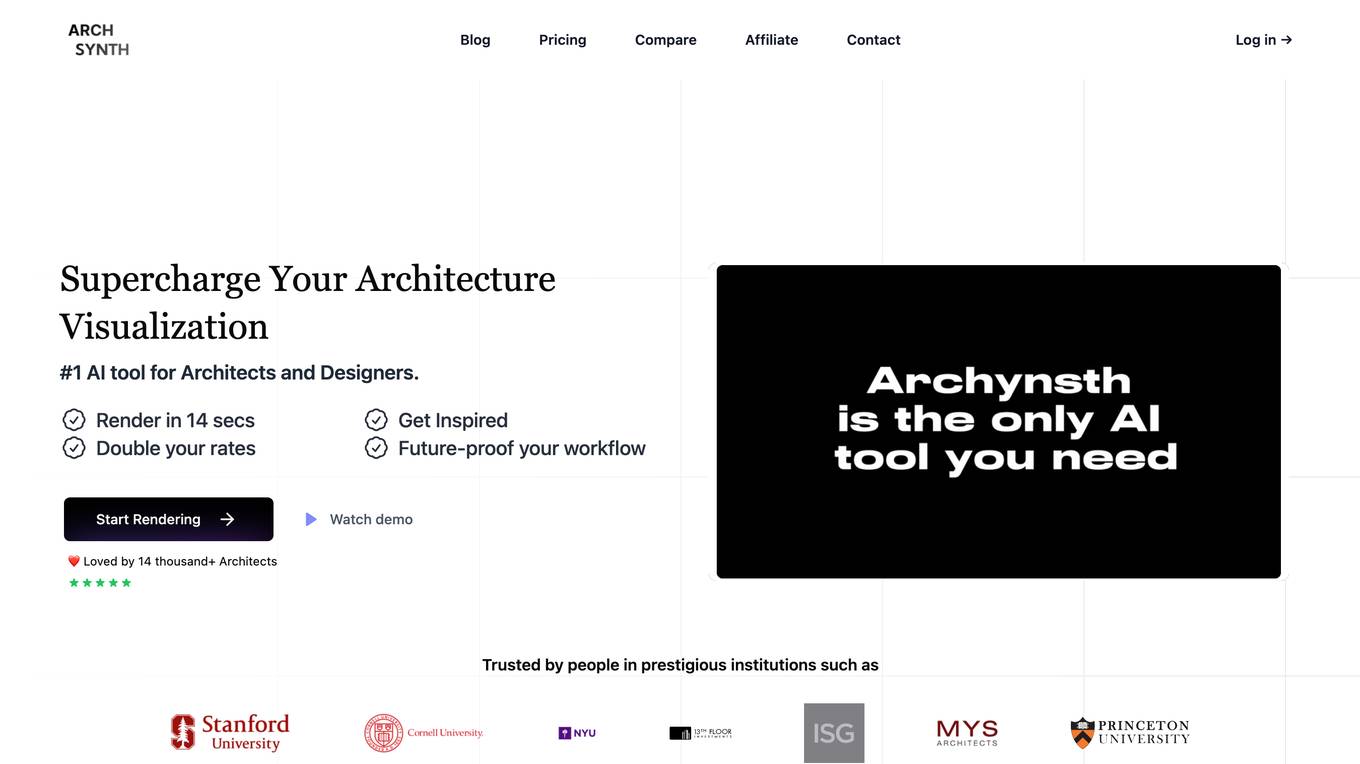
Archsynth
Archsynth is an AI-powered tool that helps architects and designers convert their sketches into realistic renders in seconds. It uses cutting-edge technology to enhance efficiency and image quality, allowing users to save time and money. With Archsynth, users can transform their ideas into stunning visuals effortlessly, explore multiple variations, and fine-tune their style with prebuilt templates. Trusted by over 14,000 architects, Archsynth is the #1 AI tool for architecture visualization.

Luw.ai
Luw.ai is an AI-powered architecture tool that allows users to design their dream spaces with AI prompts or redesign existing spaces by snapping a photo. It offers over 55 design styles and can assist users in enhancing design choices using data from them. Luw.ai also has a personalized AI image generator that connects to over 10 AIs to create designs tailored to the user's AI persona needs. Additionally, it offers features such as a magic wand tool for removing, adding, or replacing objects, AI rendering, and 3D to image conversion.
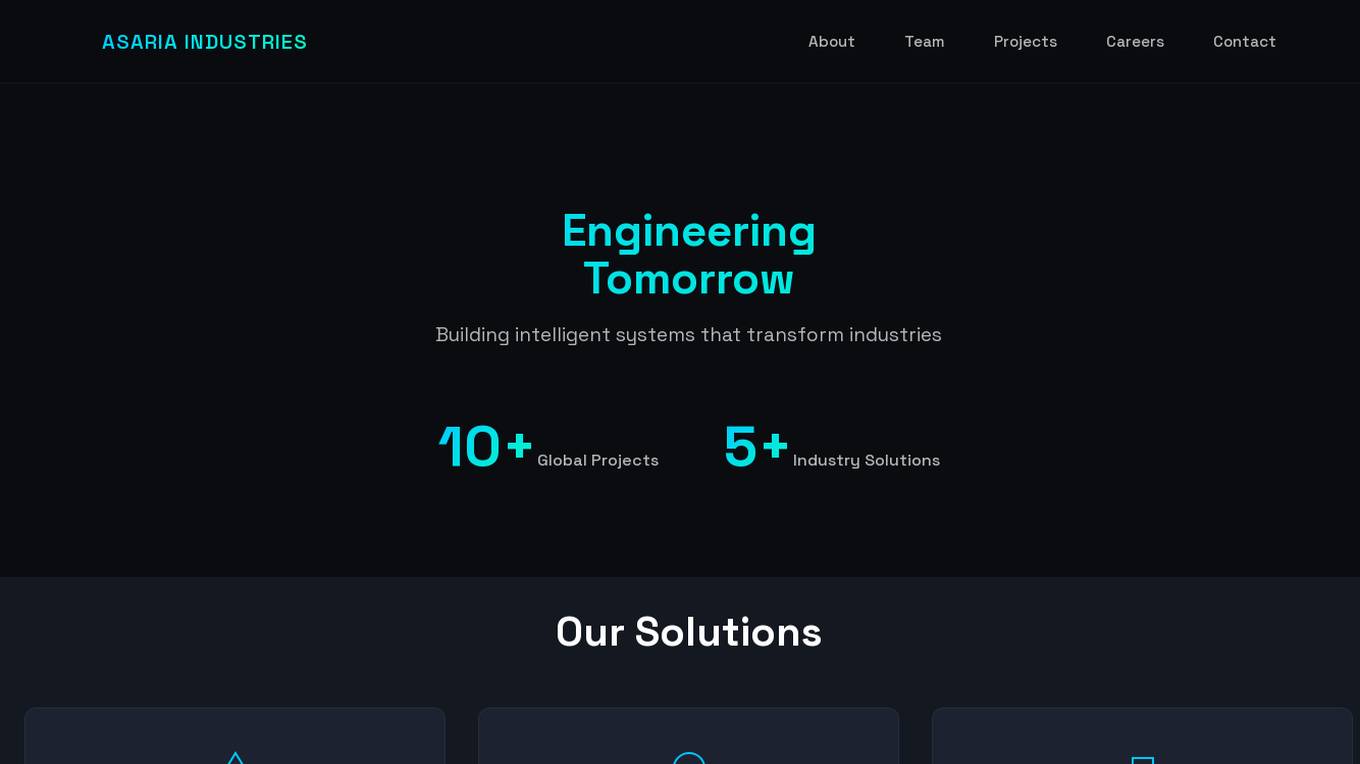
Asaria Industries
Asaria Industries is an AI application that focuses on building intelligent systems to transform industries. They offer system architecture and AI integration services to help modernize enterprise infrastructure and implement intelligent decision systems. With expertise in engineering scalable foundations for complex systems, Asaria Industries aims to turn visions into reality through innovative solutions.
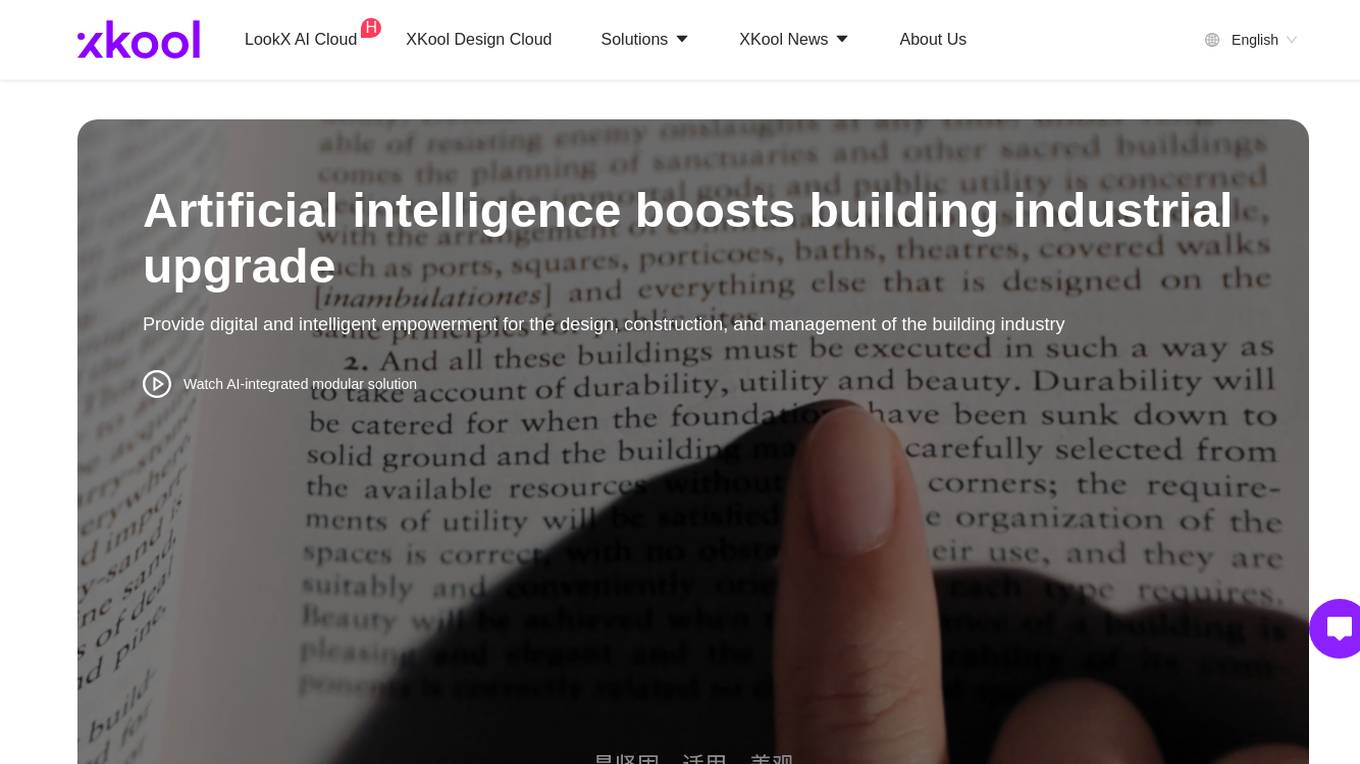
XKool Technology
XKool Technology is an AI cloud platform offering comprehensive solutions for the building industry. It provides digital and intelligent empowerment for design, construction, and management processes. The platform integrates AI technology to enhance building industrial upgrades and offers AI-assisted content creation, model marketplace, AI toolbox, and various design and management solutions.

ai4spaces
ai4spaces is an AI-powered platform that revolutionizes interior design experiences by helping users create their dream homes effortlessly. Users can generate houses, rooms, or renovations from image uploads, customize layouts, furniture, and decor, and explore a wide selection of design styles. The platform leverages advanced AI models like GPT and Stable Diffusion to provide architecture and interior design solutions for various spaces, from homes to public buildings.

Genera
Genera is a website that provides users with access to a variety of generative AI applications, including an interior designer, an architectural designer, and a text-to-image generator. The website is easy to use and allows users to create stunning designs and images with just a few clicks. Genera is a great resource for anyone who is looking to use AI to improve their creativity.
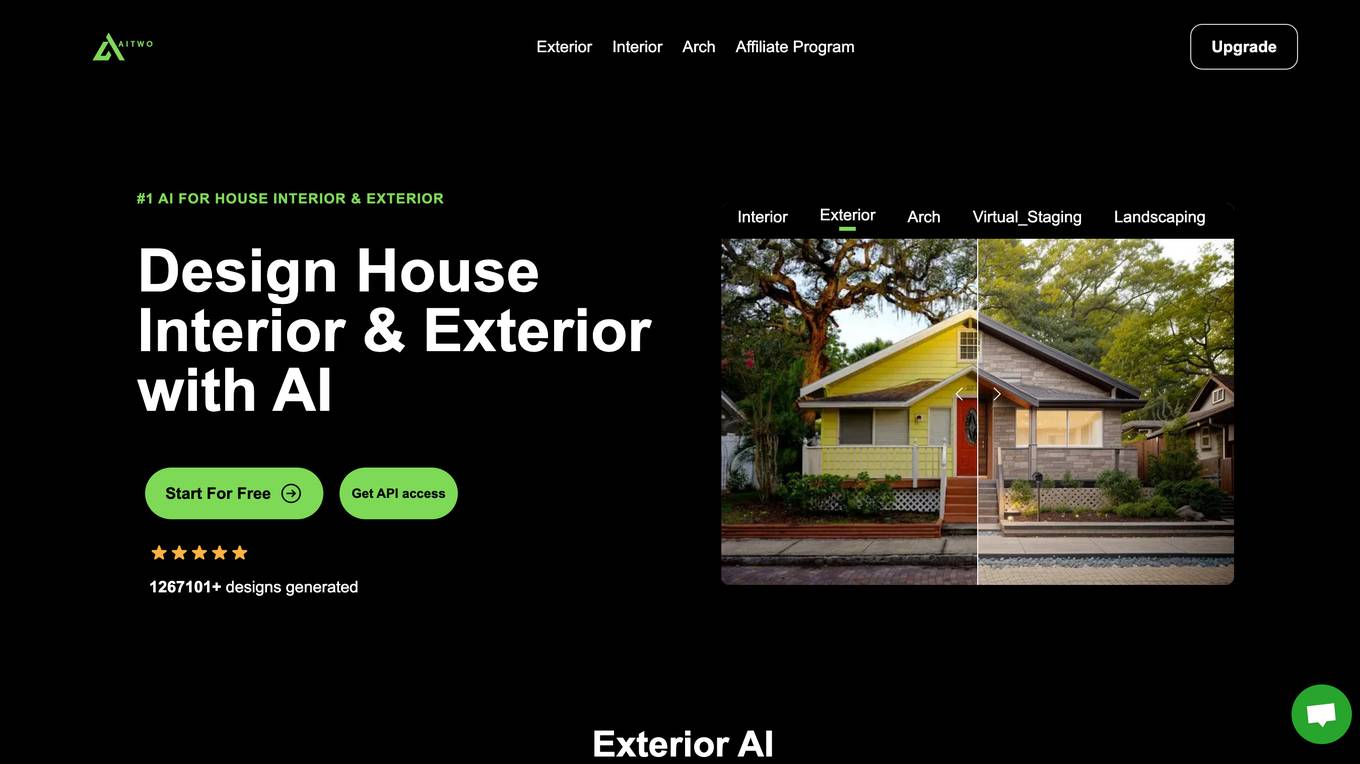
Remodel AI
Remodel AI is a powerful AI-powered platform that empowers users to effortlessly remodel and design their homes. With its intuitive tools and cutting-edge technology, Remodel AI makes it easy to experiment with different layouts, colors, and styles, and witness ideas come to life with just a few clicks. Users can save time and money by streamlining the design journey, allowing them to iterate quickly, make informed decisions, and save valuable time and money. Remodel AI is also a valuable tool for real estate agents, as it allows them to present properties with stunning virtual makeovers, giving potential buyers a clear vision of what could be. Whether users are aspiring designers or simply have an eye for aesthetics, Remodel AI unleashes creativity and makes it easy to explore endless design possibilities.
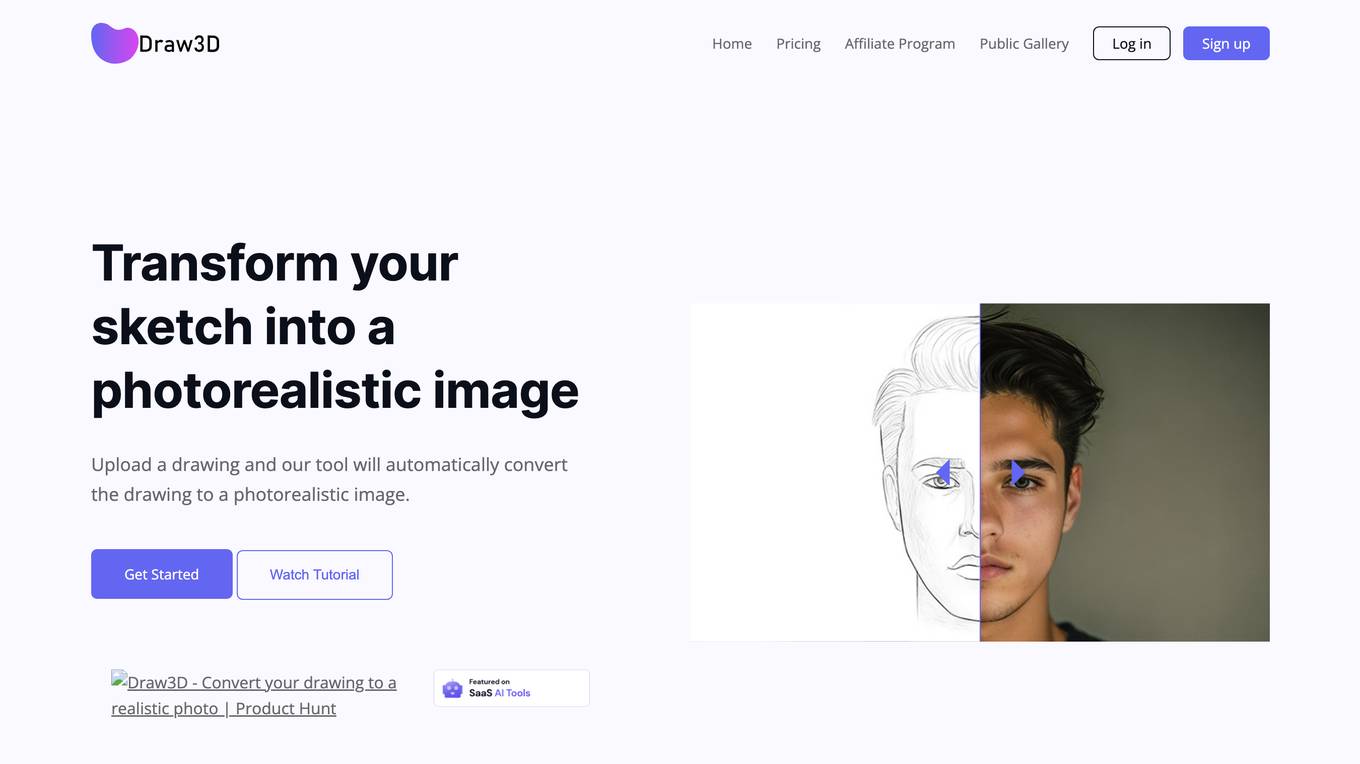
Draw3D
Draw3D is an online tool that allows users to transform their sketches into photorealistic images. It is a powerful tool that can be used to create realistic images of anything from landscapes to portraits. Draw3D is easy to use and can be used by anyone, regardless of their artistic ability. Simply upload a sketch and Draw3D will automatically convert it into a photorealistic image.
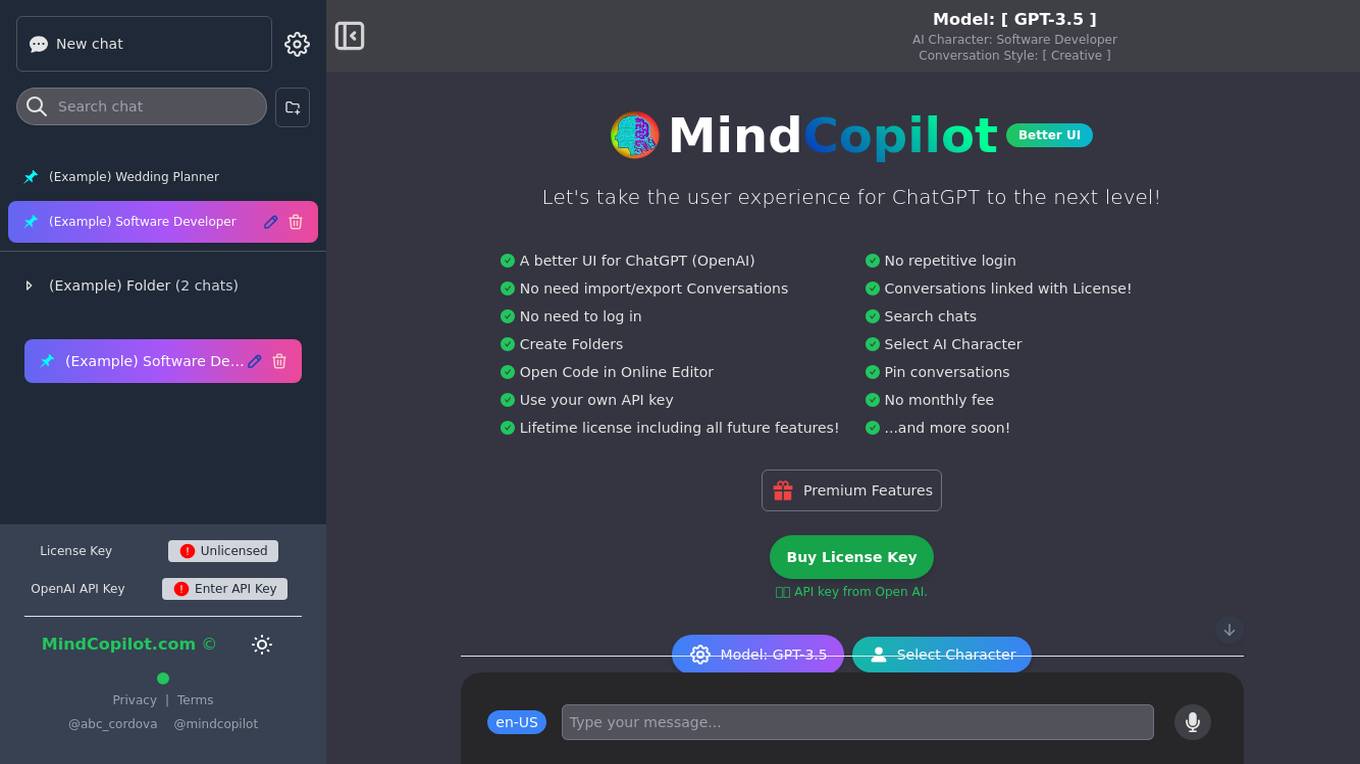
MindCopilot
MindCopilot is an AI tool designed to enhance the user experience of ChatGPT by providing a better UI. It offers features like no repetitive login, conversations linked with license, creating folders, selecting AI characters, and using your own API key. Users can enjoy a lifetime license with all future features included. The tool aims to simplify the process of interacting with ChatGPT and improving the overall user experience for software developers, wedding planners, and other professionals.

BugFree.ai
BugFree.ai is an AI-powered platform designed to help users practice system design and behavior interviews, similar to Leetcode. The platform offers a range of features to assist users in preparing for technical interviews, including mock interviews, real-time feedback, and personalized study plans. With BugFree.ai, users can improve their problem-solving skills and gain confidence in tackling complex interview questions.
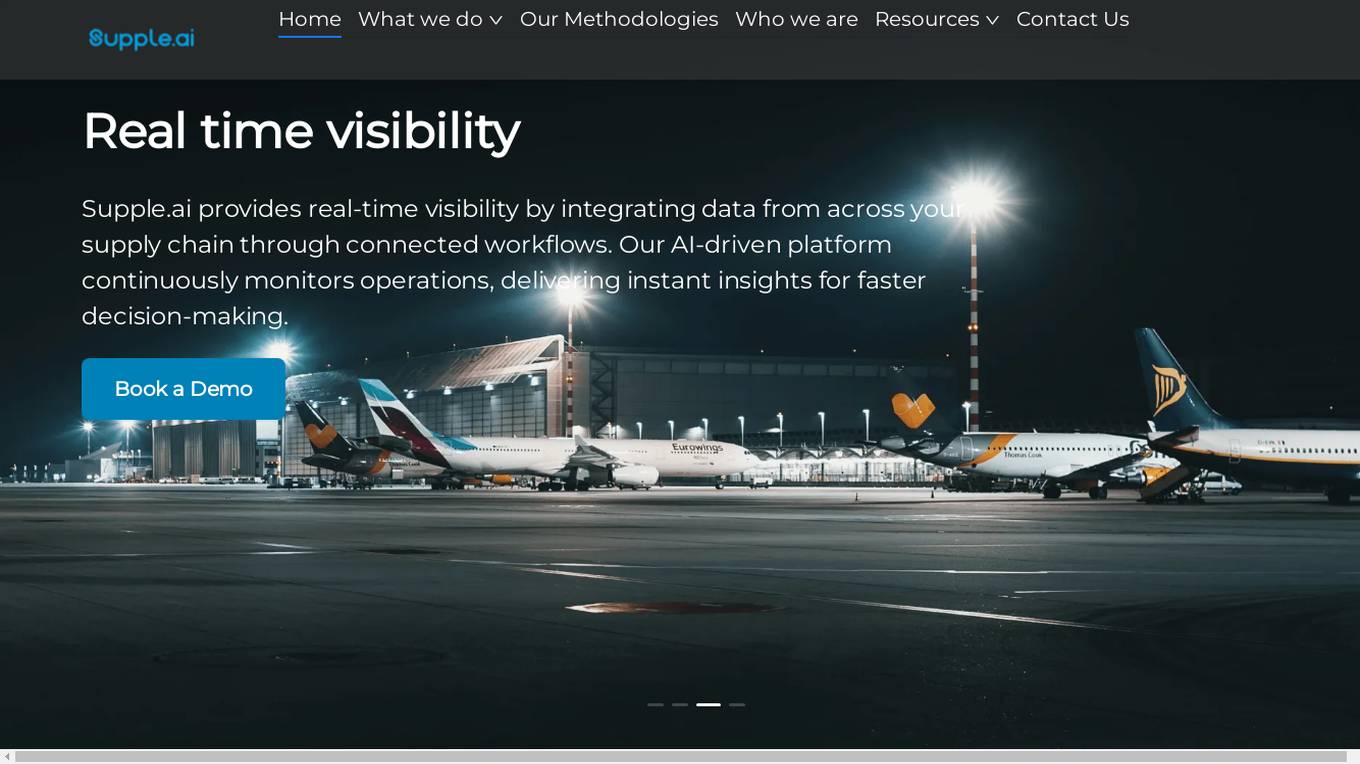
Supple.ai
Supple.ai is an AI-powered content generation tool that helps users create high-quality written content quickly and efficiently. By leveraging advanced natural language processing algorithms, Supple.ai can generate articles, blog posts, product descriptions, and more in a matter of minutes. The tool is designed to assist content creators, marketers, and businesses in streamlining their content creation process and improving productivity.
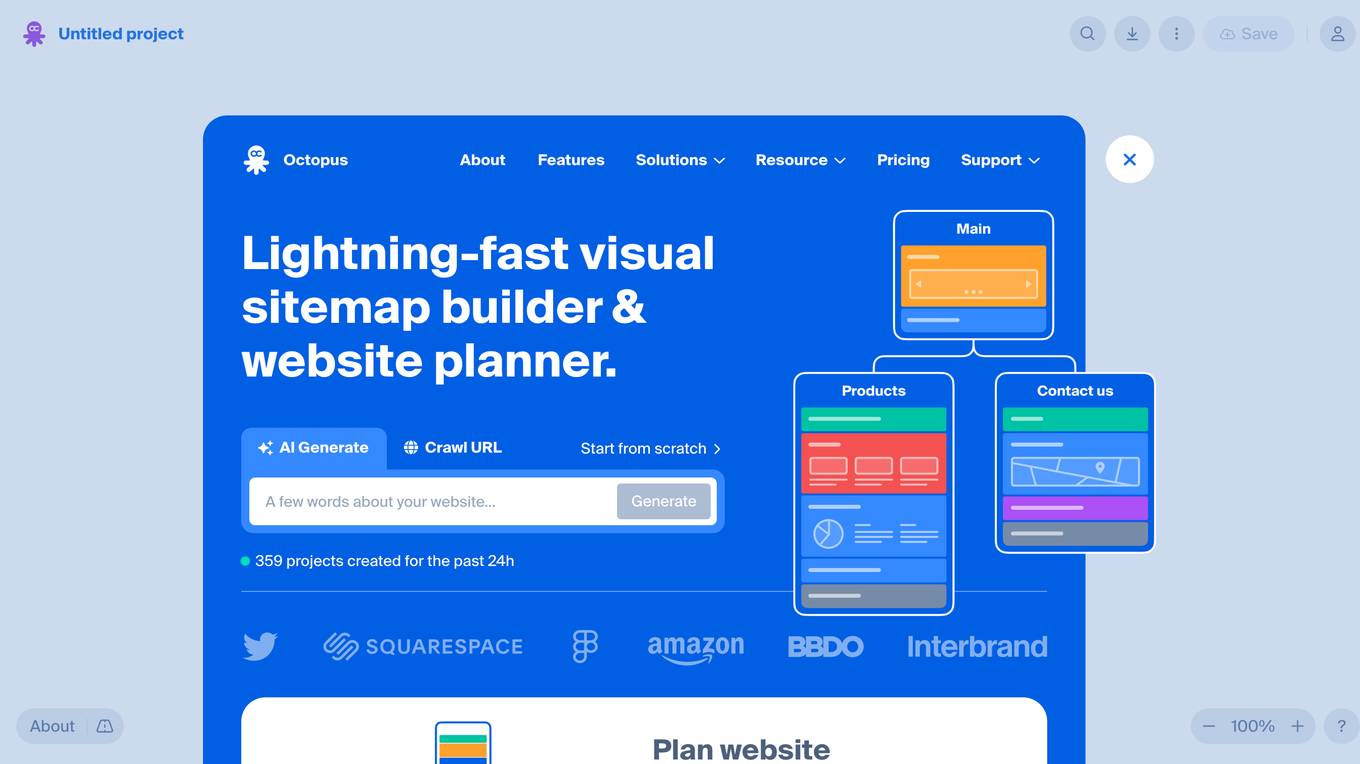
Octopus.do
Octopus.do is a lightning-fast visual sitemap builder and website planner that offers a seamless experience for website architecture planning. With the help of AI technology, users can easily generate colorful visual sitemaps and low-fidelity wireframes to visualize website content and layout. The platform allows users to prepare, manage, and collaborate on website content and SEO, making website planning fast, easy, and enjoyable. Octopus.do also provides a variety of sitemap templates for different types of websites, along with features for real-time collaboration, onsite SEO improvement, and integration with Figma designs.
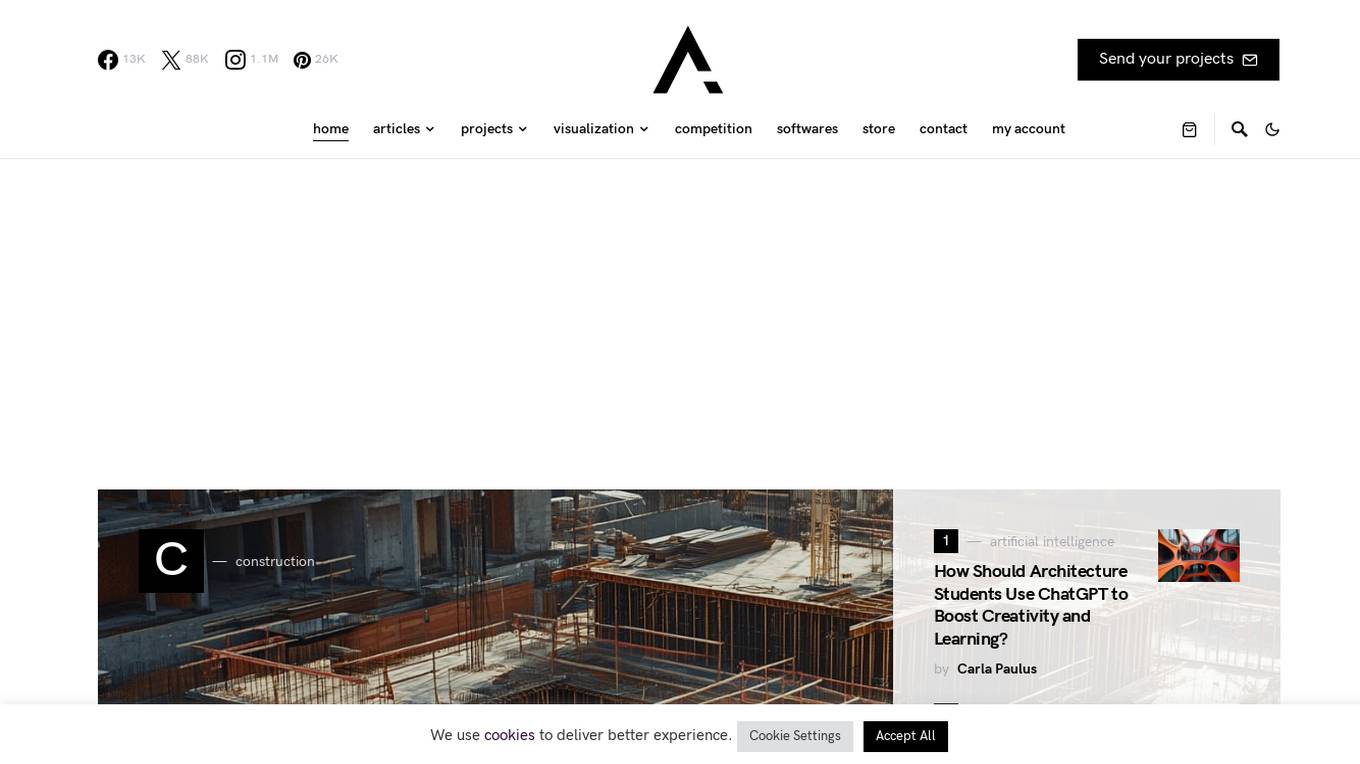
illustrarch
illustrarch is an AI-powered platform that offers a daily dose of architecture content, including articles, architectural portfolio presentations, visualizations, and design tips. The platform focuses on providing resources for architecture students and professionals to enhance their design skills and stay updated with the latest trends in the field. With a strong emphasis on artificial intelligence and technology, illustrarch aims to revolutionize the way architecture is approached and practiced.
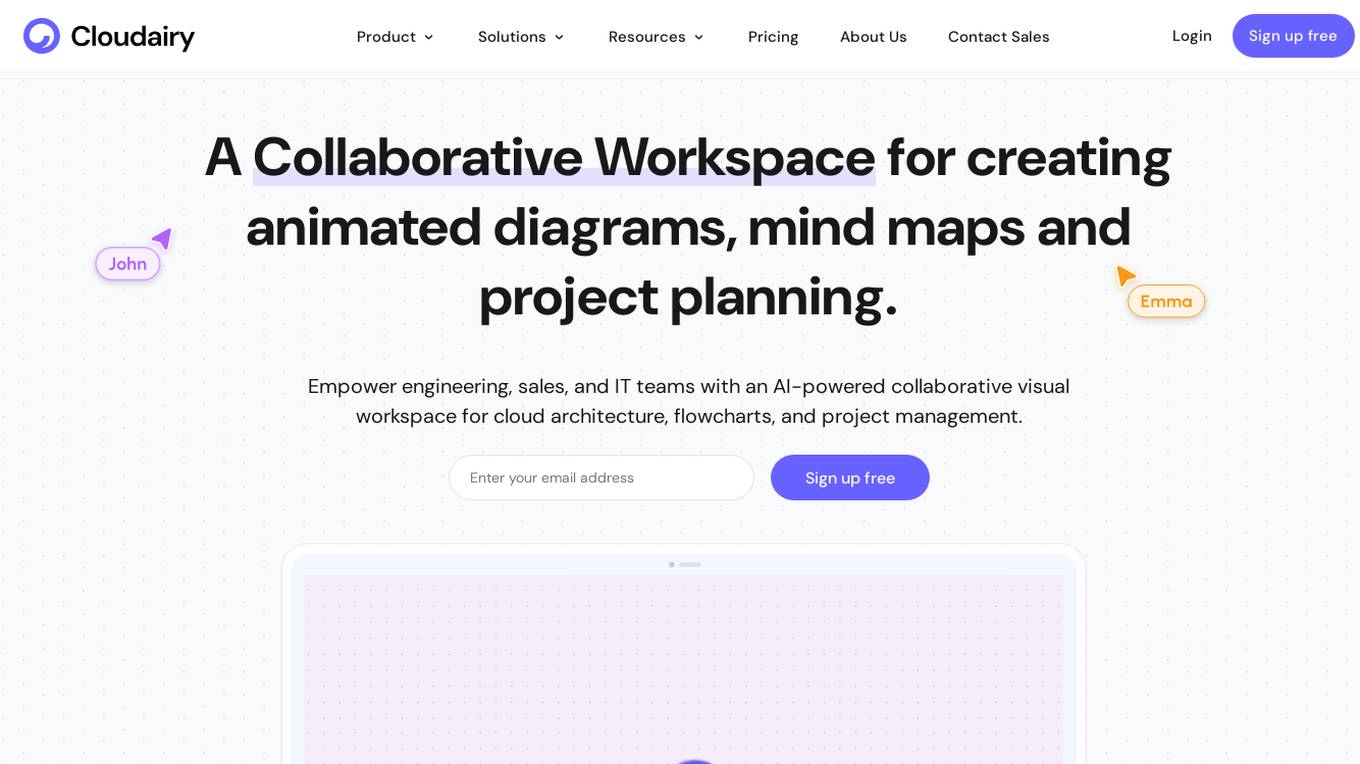
Cloudairy
Cloudairy is an AI-powered collaborative visual workspace that offers a versatile platform for creativity, collaboration, and innovation. It provides features such as diagramming tools, project management, real-time collaboration, data visualization, and AI-powered assistance. Cloudairy empowers teams in engineering, sales, IT, and more to brainstorm, design, and execute seamlessly in one intuitive platform. The application streamlines workflows, boosts creativity, and helps bring ideas to life quickly and efficiently.

PAACADEMY
PAACADEMY is an educational platform focused on architecture and design, offering workshops and courses on advanced design tools, computational design, and AI integration in architecture. The platform provides insights, tutorials, and live events to inspire and educate aspiring designers. PAACADEMY features renowned instructors and covers topics such as parametric design, 3D printing, and AI-driven architectural practices.
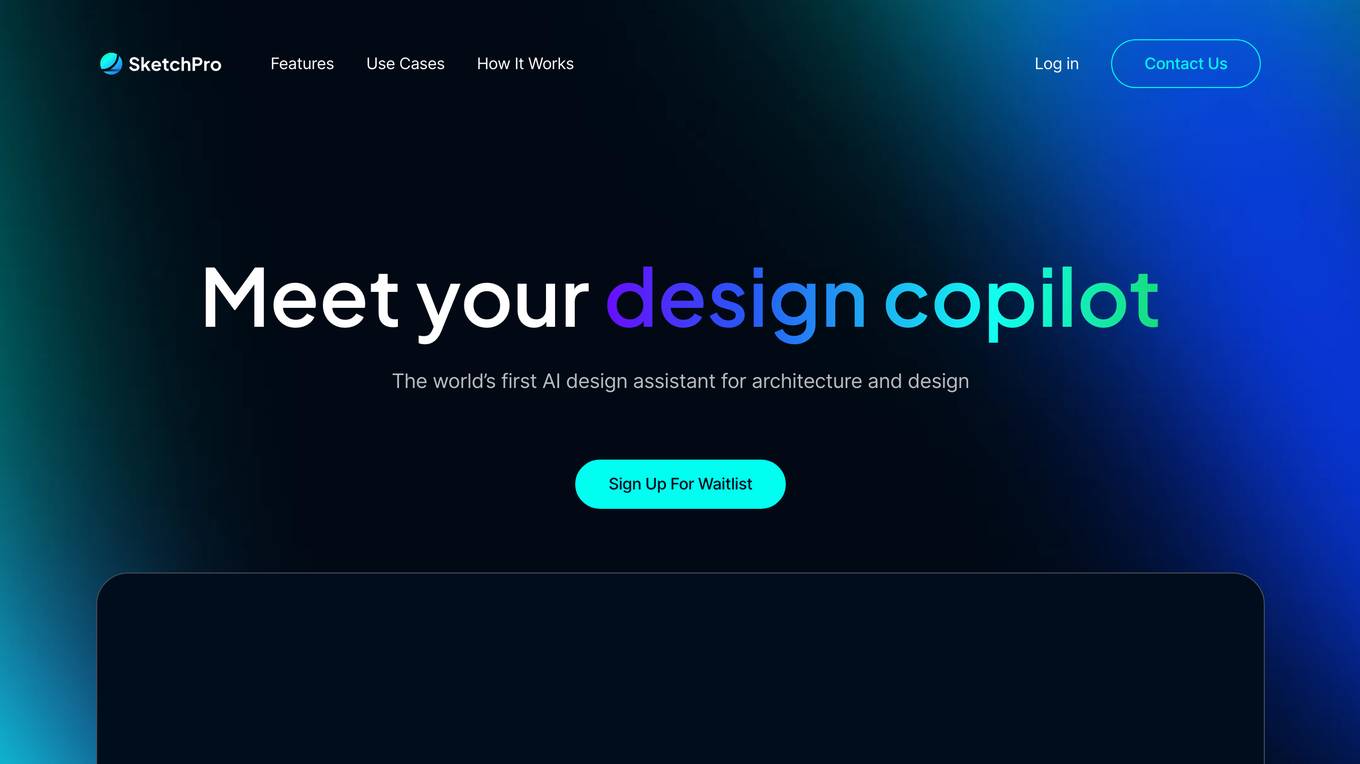
SketchPro
SketchPro is the world's first AI design assistant for architecture and design. It allows users to create realistic 3D models and visualizations from simple sketches, elevations, or images. SketchPro is powered by AI, which gives it the ability to understand natural language instructions and generate designs that are both accurate and visually appealing. With SketchPro, architects and designers can save time and effort, and explore more creative possibilities.
0 - Open Source Tools
20 - OpenAI Gpts

👑 Data Privacy for Architecture & Construction 👑
Architecture and Construction Firms handle sensitive project data, client information, and architectural plans, necessitating strict data privacy measures.
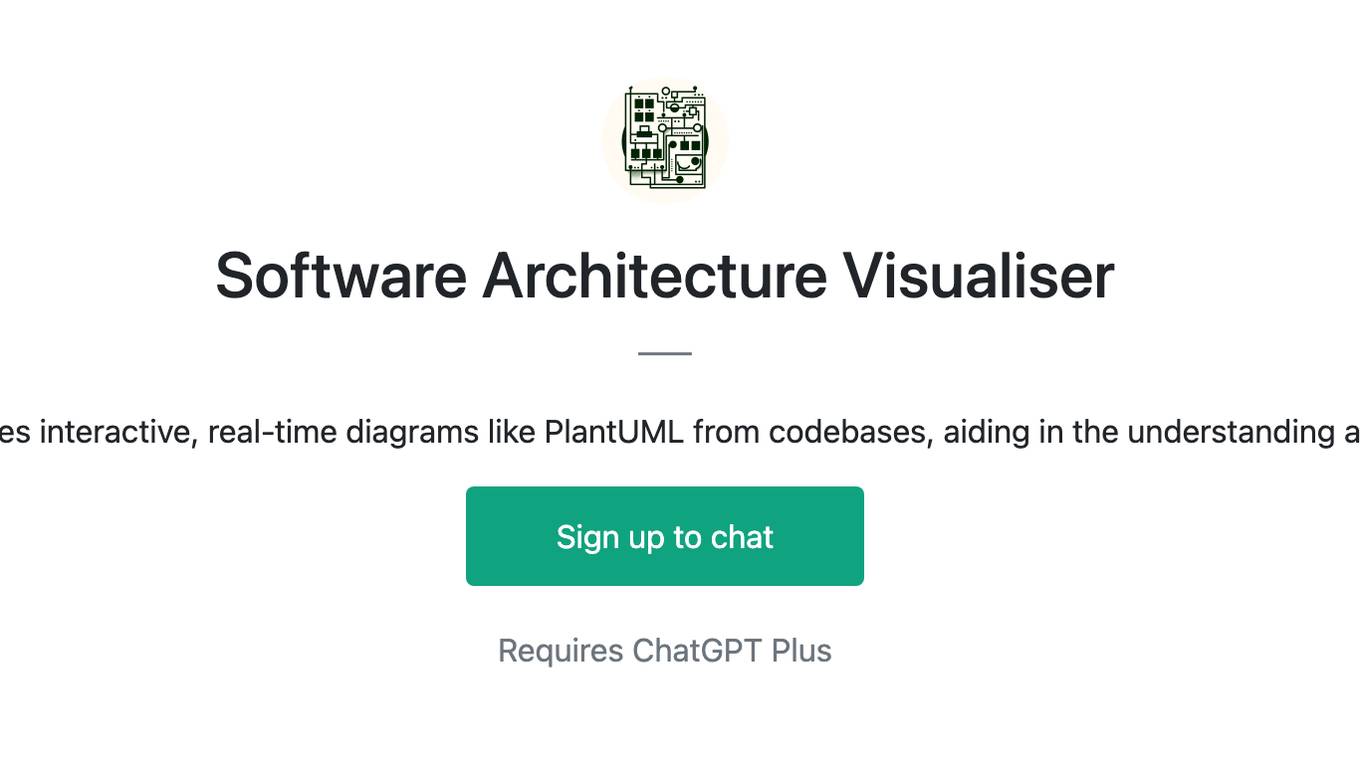
Software Architecture Visualiser
A tool that automatically generates interactive, real-time diagrams like PlantUML from codebases, aiding in the understanding and design of software systems

Cloud Architecture Advisor
Guides cloud strategy and architecture to optimize business operations.
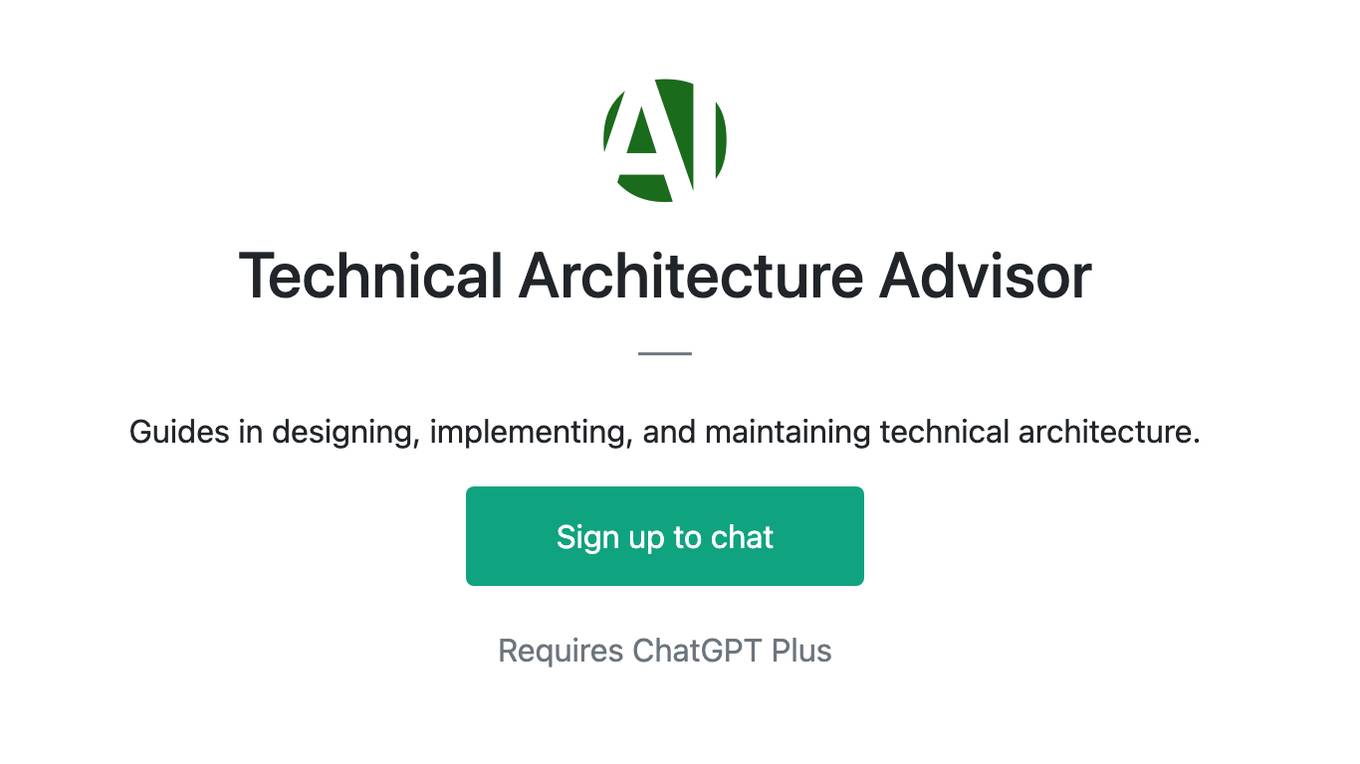
Technical Architecture Advisor
Guides in designing, implementing, and maintaining technical architecture.

Solution Architecture Advisor
Designs and manages technical solutions to meet business needs.
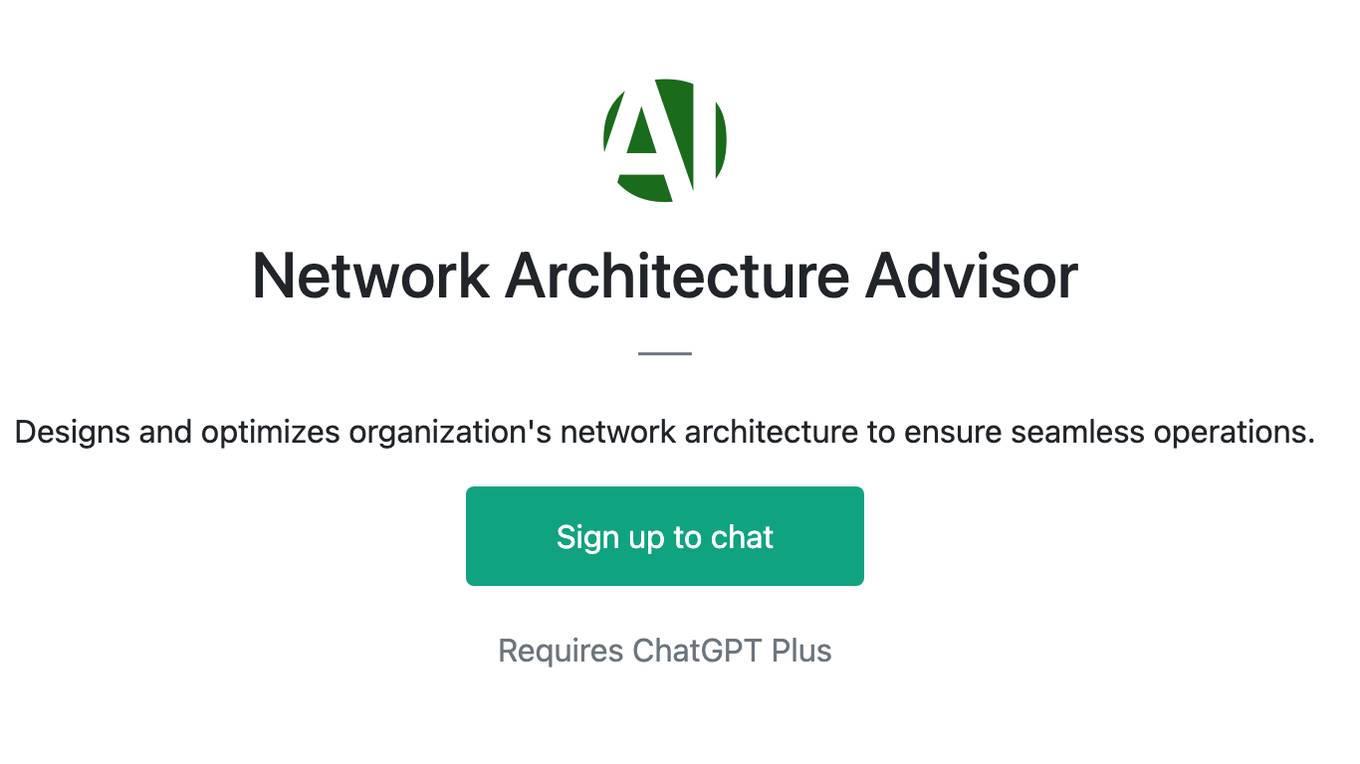
Network Architecture Advisor
Designs and optimizes organization's network architecture to ensure seamless operations.

Space Architecture Advisor
Expert in self-assembling space architecture, focusing on TESSERAE.
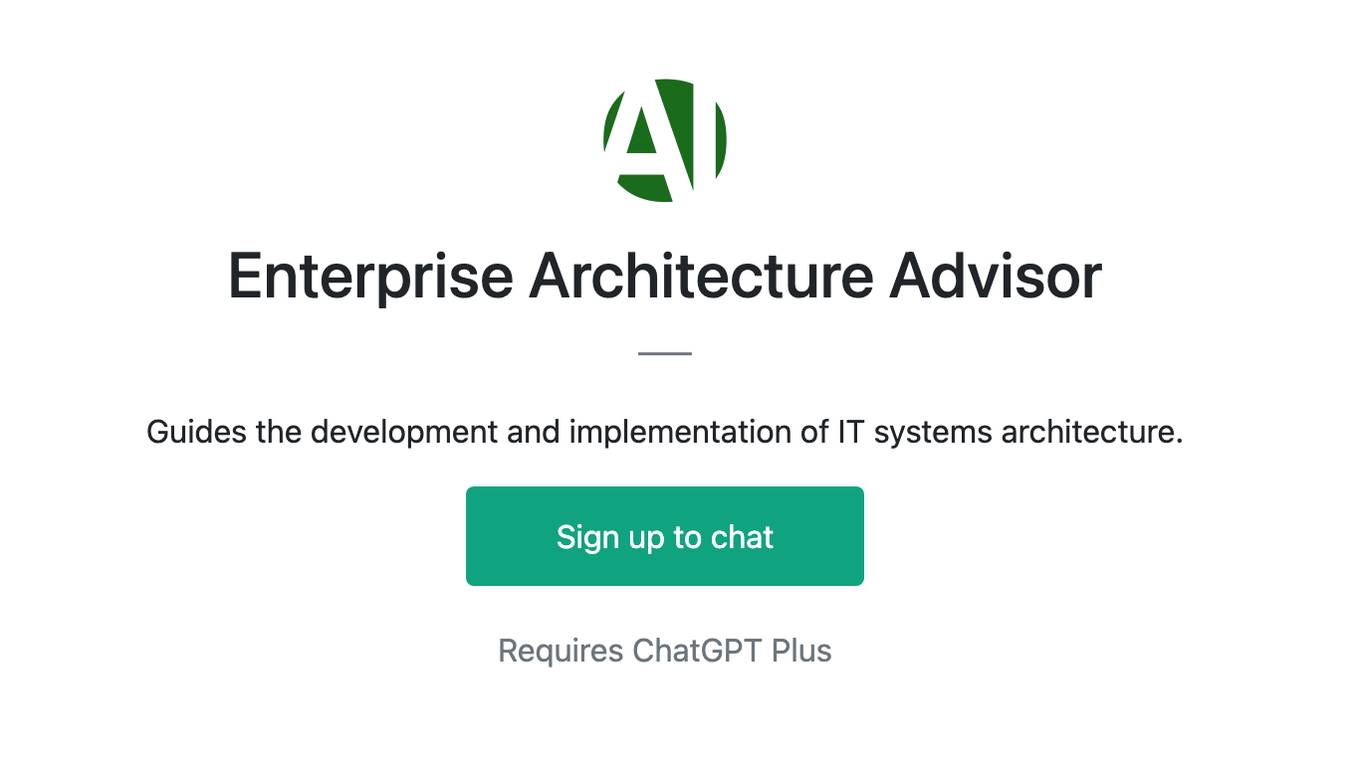
Enterprise Architecture Advisor
Guides the development and implementation of IT systems architecture.
Triage Management and Pipeline Architecture
Strategic advisor for triage management and pipeline optimization in business operations.
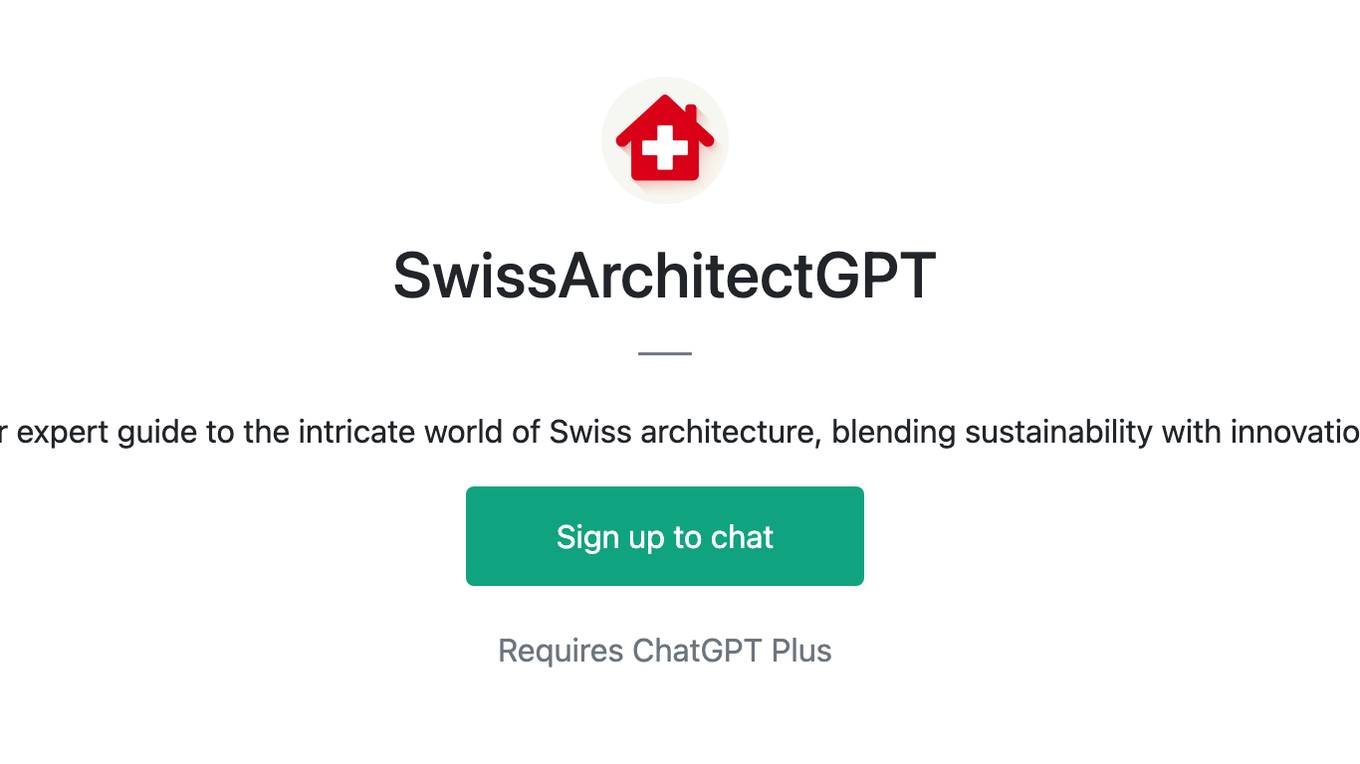
SwissArchitectGPT
Your expert guide to the intricate world of Swiss architecture, blending sustainability with innovation.

Eco Architect
Expert in sustainable & modern architecture, integrating permaculture principles.
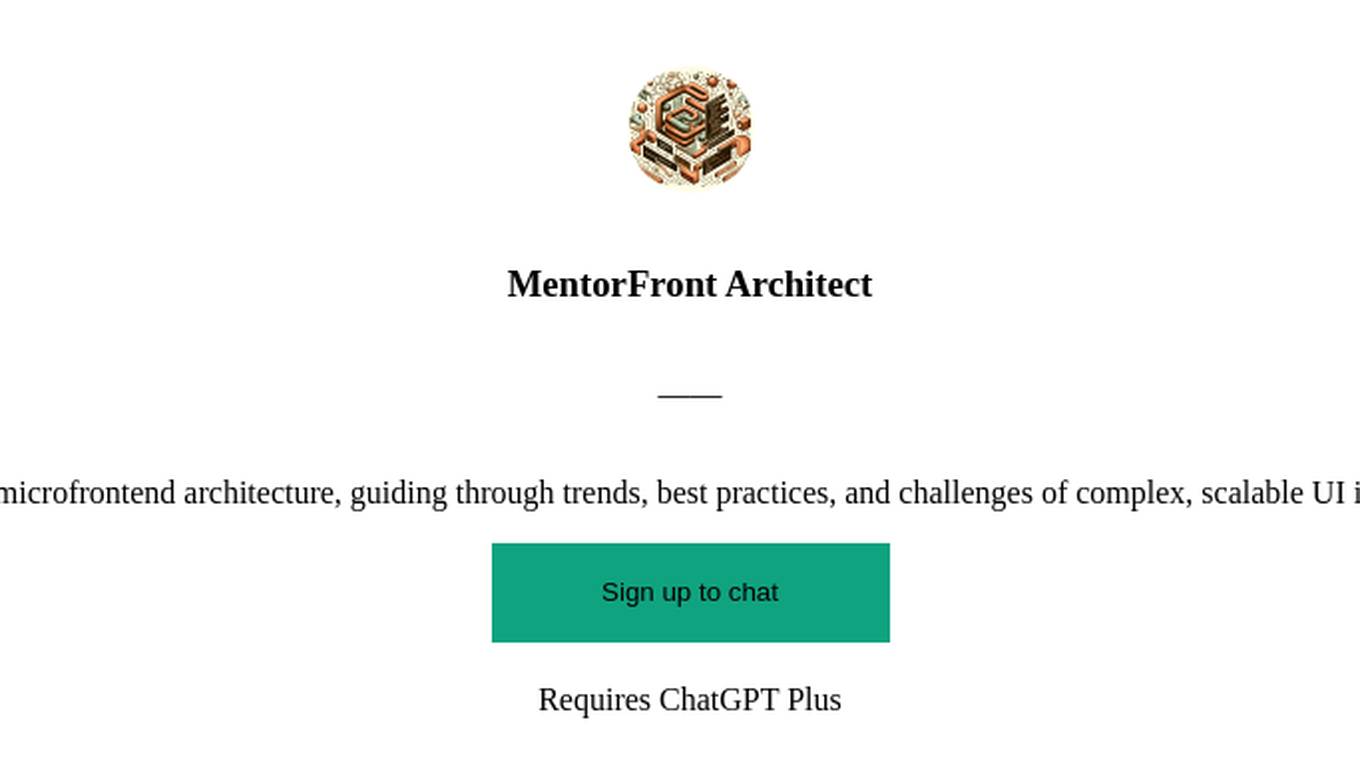
MentorFront Architect
Expert in microfrontend architecture, guiding through trends, best practices, and challenges of complex, scalable UI integrations.
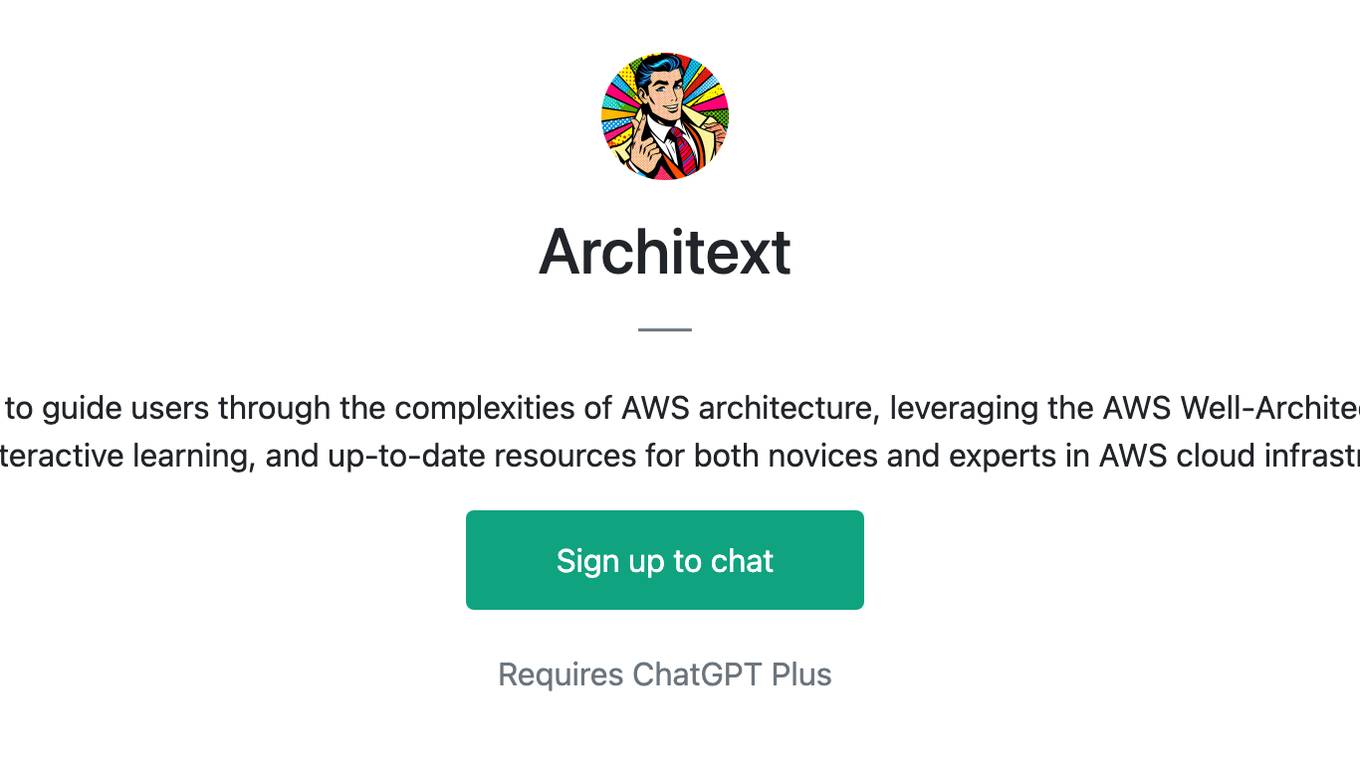
Architext
Architext is a sophisticated chatbot designed to guide users through the complexities of AWS architecture, leveraging the AWS Well-Architected Framework. It offers real-time, tailored advice, interactive learning, and up-to-date resources for both novices and experts in AWS cloud infrastructure.
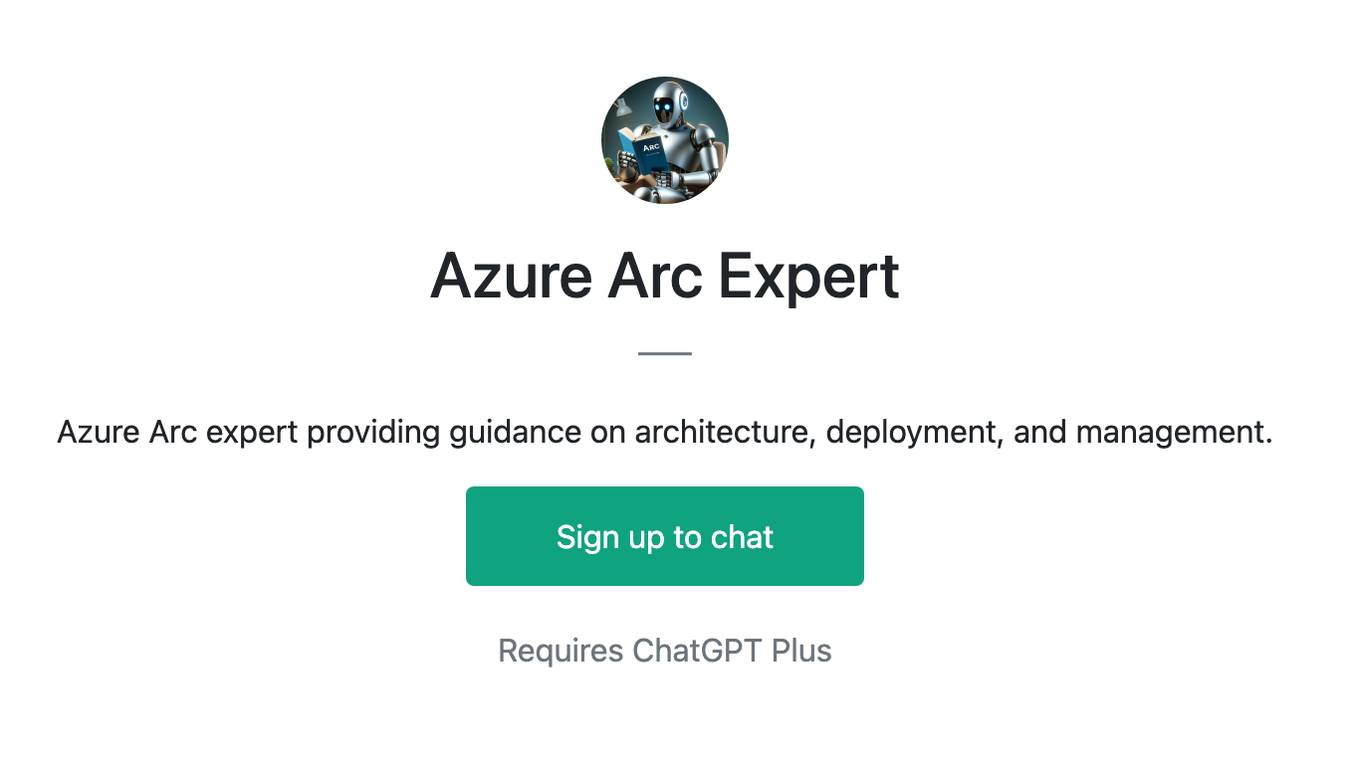
Azure Arc Expert
Azure Arc expert providing guidance on architecture, deployment, and management.
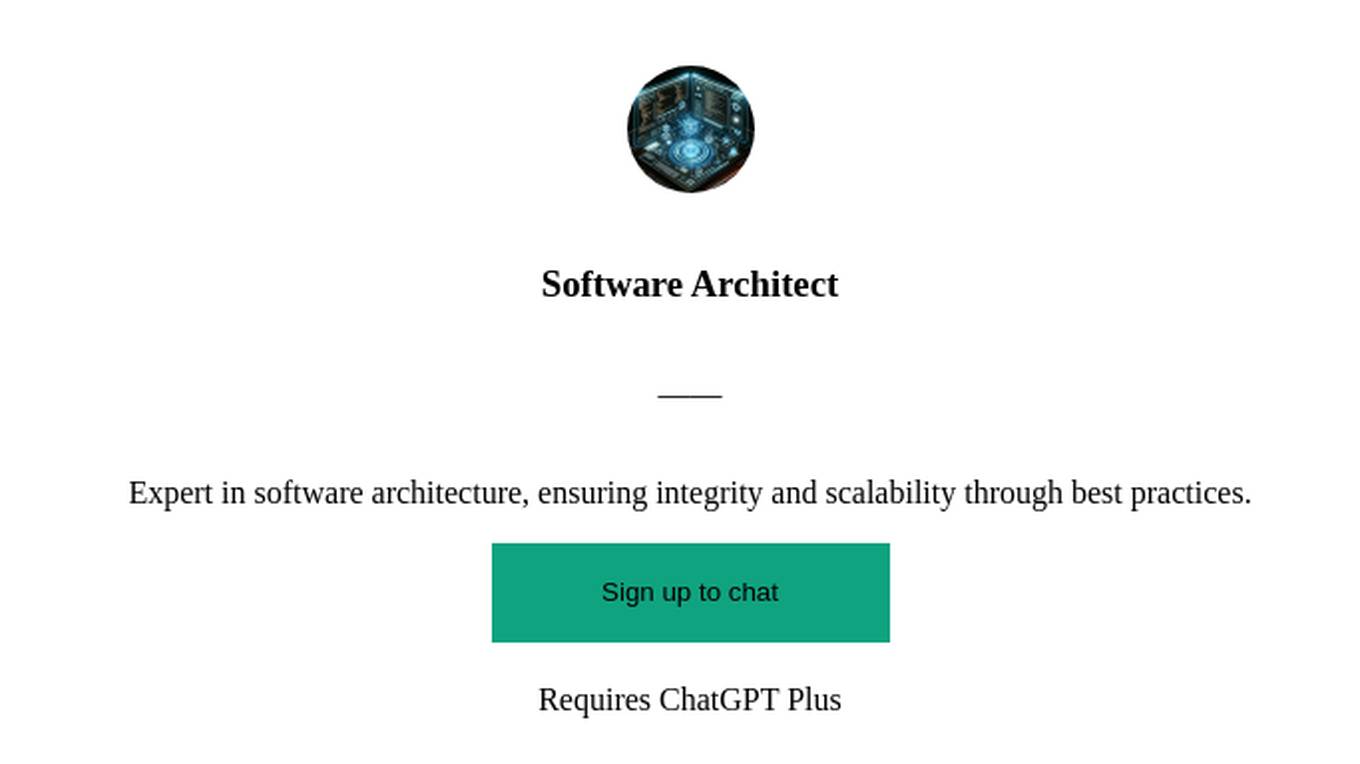
Software Architect
Expert in software architecture, ensuring integrity and scalability through best practices.
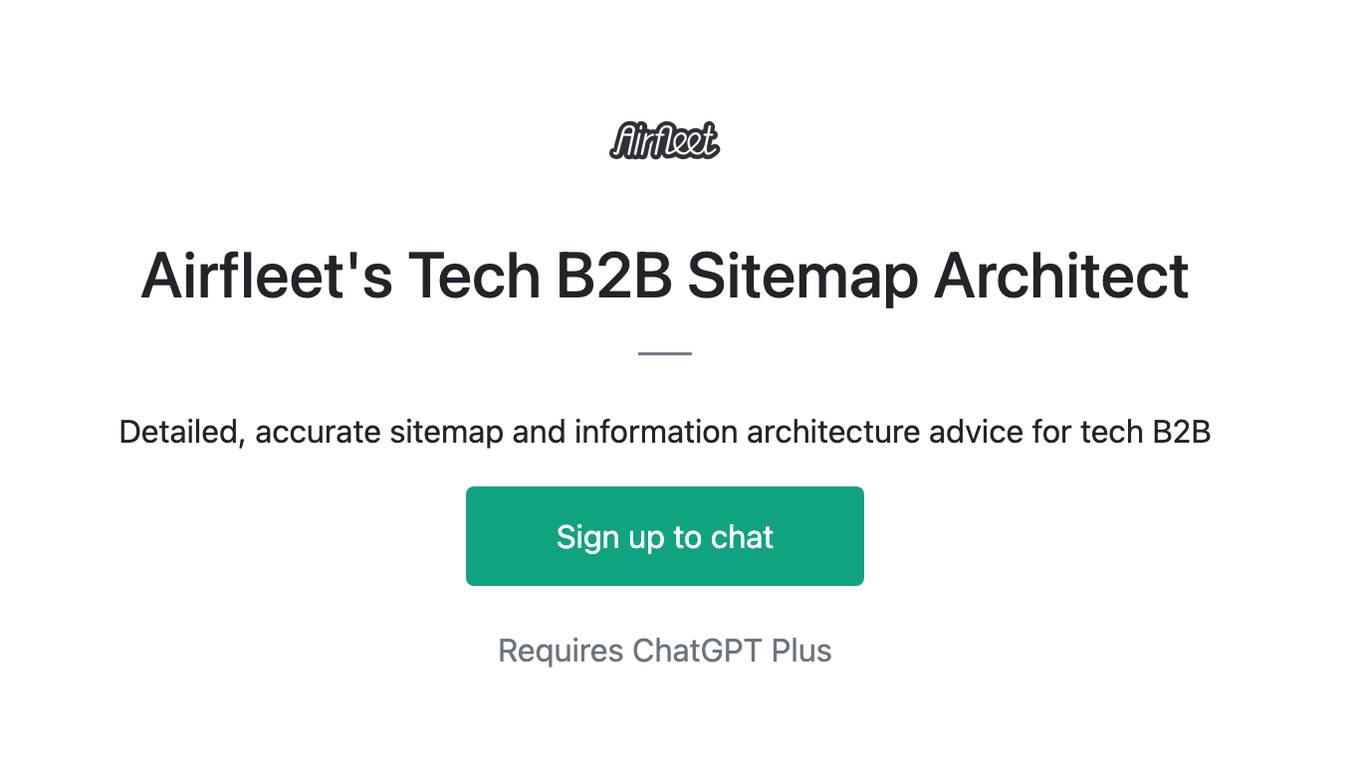
Airfleet's Tech B2B Sitemap Architect
Detailed, accurate sitemap and information architecture advice for tech B2B
